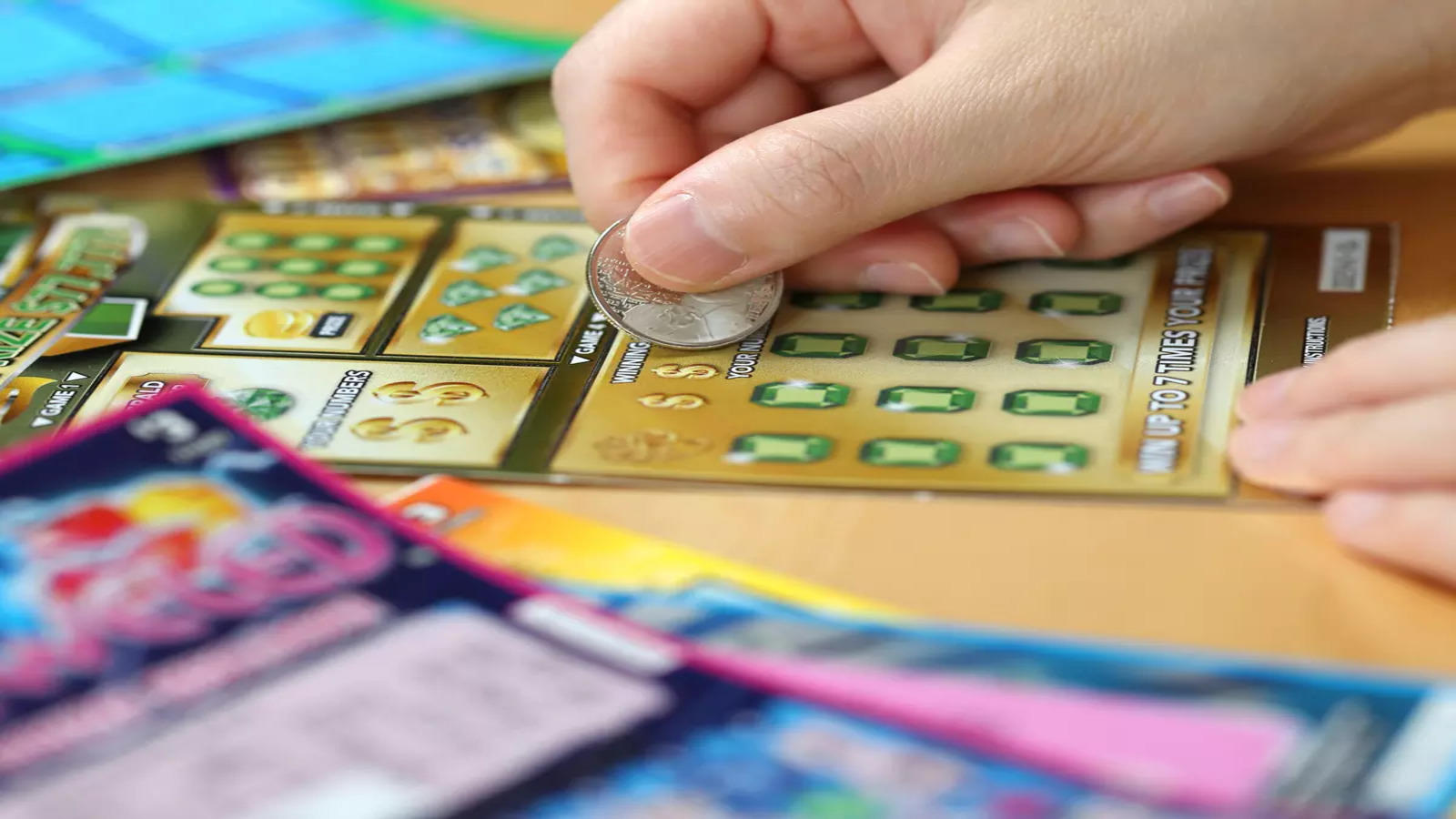Lotteries have long held a unique place in society, blending the promise of instant wealth with the stark realities of astronomical odds. In the world of gambling, they stand as a distinct entity, appealing not just to the thrill-seeker, but to anyone who dares to dream koitoto resmi. The lottery, more than any other form of gambling, embodies both the simple hope of a better future and the stark reminder of statistical improbability.
A Brief History of the Lottery
Lotteries trace their origins back thousands of years. From ancient China to Rome and Renaissance Europe, they have served various purposes, from funding public works to financing wars. Today, they are ubiquitous, ranging from national to state and regional lotteries, each offering their own blend of prizes, rules, and chances.
The Allure of Instant Wealth
The appeal of the lottery is universal. It is the dream of escaping financial hardship, of paying off debts, of buying a home, or traveling the world. The allure lies not just in the prize money, but in the instant transformation of one’s life from ordinary to extraordinary. This promise is what drives millions to buy tickets week after week, despite the odds stacked against them.
The Reality of the Odds
Statistically, the odds of winning a lottery jackpot are staggeringly low. For example, the odds of winning the Powerball jackpot in the United States are approximately 1 in 292.2 million. Despite this, people continue to play, often driven by the belief that “someone has to win” and that they just might be that someone.
Social Implications
Lotteries are not without controversy. Critics argue that they prey on the poor and vulnerable, offering false hope and draining money from those who can least afford it. Yet, proponents counter that lottery proceeds often fund education, infrastructure, and other public services, making them a vital revenue stream for governments.
The Psychology of Gambling
Lotteries also offer insights into human psychology. The prospect of winning activates the brain’s reward centers, releasing dopamine and creating a rush similar to that experienced with drugs or alcohol. This neurological response can lead to addiction, as individuals chase that elusive jackpot.
A Balanced View
Ultimately, the lottery is a complex entity, blending hope and desperation, statistics and chance. It reflects our innate desire for a better life and our willingness to take risks, however slim the odds. It is a testament to the power of dreams, and a stark reminder of the importance of responsible gambling practices.
